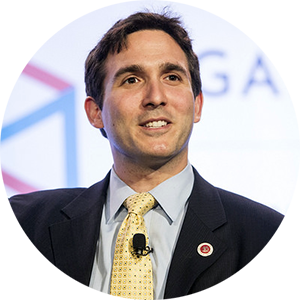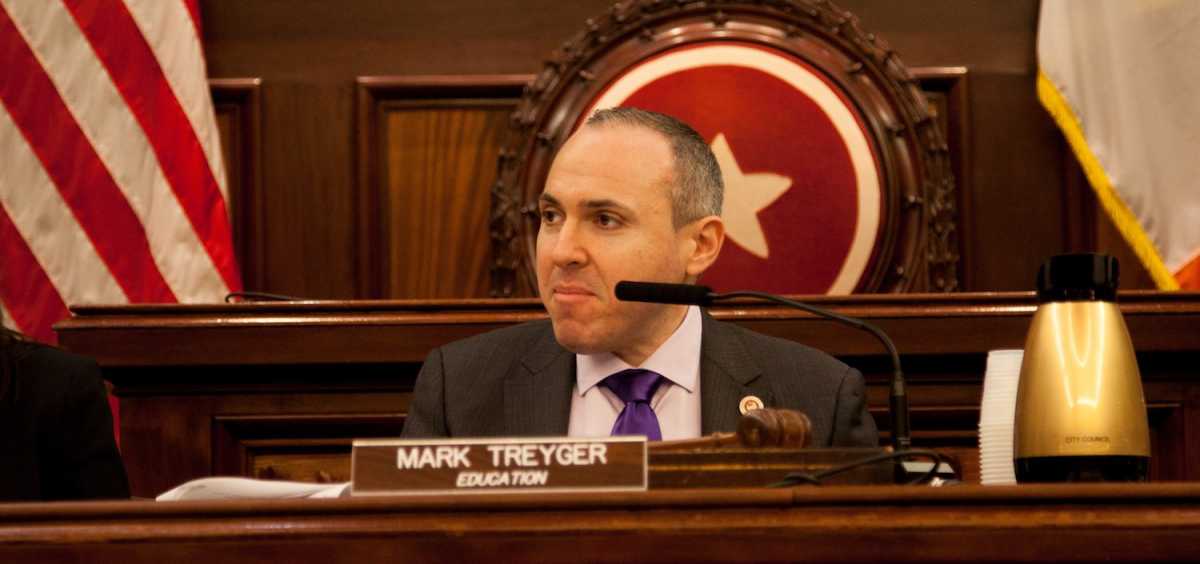The members of the City Council’s Committee on Education took the Department of Education’s health and wellness education program to task at an oversight hearing yesterday.
The hearing took place on Jan. 16, at 1:00 p.m. at City Hall, lead by Council Member Mark Treyger (D-Coney Island, Bensonhurst), who is also the Chair of the Committee on Education. Treyger was accompanied by several other members of the Council, including Ben Kallos (D-Upper East Side, Midtown East).
The hearing showed that with extra funding comes great expectations. The members of the committee took turns scrutinizing the shortcomings of the city’s health education program, which received a $24 million injection over the summer as a part of a multiyear initiative called Health Ed Works. This new health education plan aims to improve the city’s instruction by providing opportunities for teachers to receive additional professional training.
“An overwhelming majority of our students are not getting the critical health education they deserve,” said Mark Treyger, who led the attack.
Although the DOE is not expected to meet the City and State requirements of the new health education plan until June 2022, the Committee still felt obligated to go over the wellness program’s current weaknesses.
Treyger referenced a 2017 comptroller’s report on sexual education that found 92 percent of New York City’s middle schools do not have a teacher who is licensed by New York City for health education.
The statistic doesn’t indicate that those middle school students are not receiving health education at all, but that they are receiving it from a teacher who is state-certified rather than licensed by the city. Treyger made the point that he didn’t see state certification as adequate. Teachers who are city-licensed can only teach one subject and are therefore more specialized in that field.
Lindsey Harr, the executive director of the Office of School Wellness Programs, said she was not aware of staggering numbers from the comptroller’s report, but she made it clear in her opening remarks that the Health Ed Works plan aims to increase the number of teachers with health education certification.

In his comments, Ben Kallos aimed to push the health education reforms to be more comprehensive.
Kallos asked about what the DOE was doing to encourage health education that includes different sexual identities and gender identities. He added that East Side Middle School, a school in his district, was the first middle school in the city to implement an non-heteronormative sex education program.
Harr said that while LGBTQ-inclusive sex education is a goal of the Health Ed Works program, and the DOE’s recommended curriculum does include LGBTQ topics, the agency cannot force schools to implement their materials. “We don’t provide curriculum to every school in the city,” she said.
Kallos said that he believed this needs to change. “Because of mayoral control, I’m hoping that we can finally reach the DOE and make this a requirement,” he said.
In his closing remarks on the topic of health education oversight, Treyger reiterated his view that national or state requirements for health education are not adequate. To emphasize his point, he referenced the meal that President Trump’s hosted in the White House on Tuesday, where he served visiting Clemson University athletes a fast-food feast.
“I want out kids to know more about nutrition than the president of the United States. We need to go above and beyond the minimum requirements,” said Treyger.






